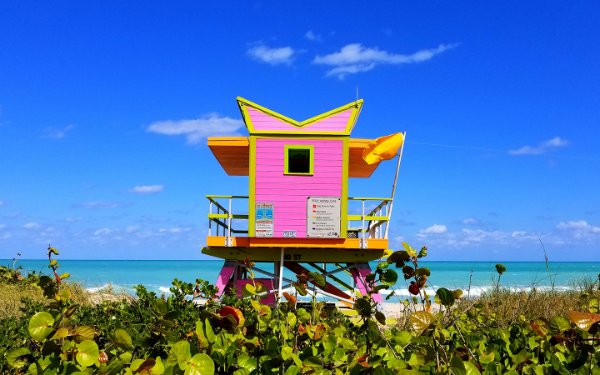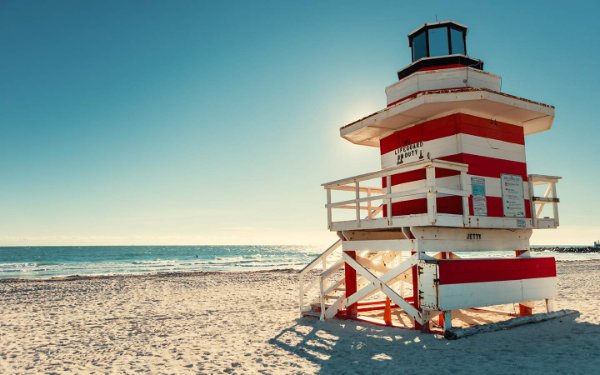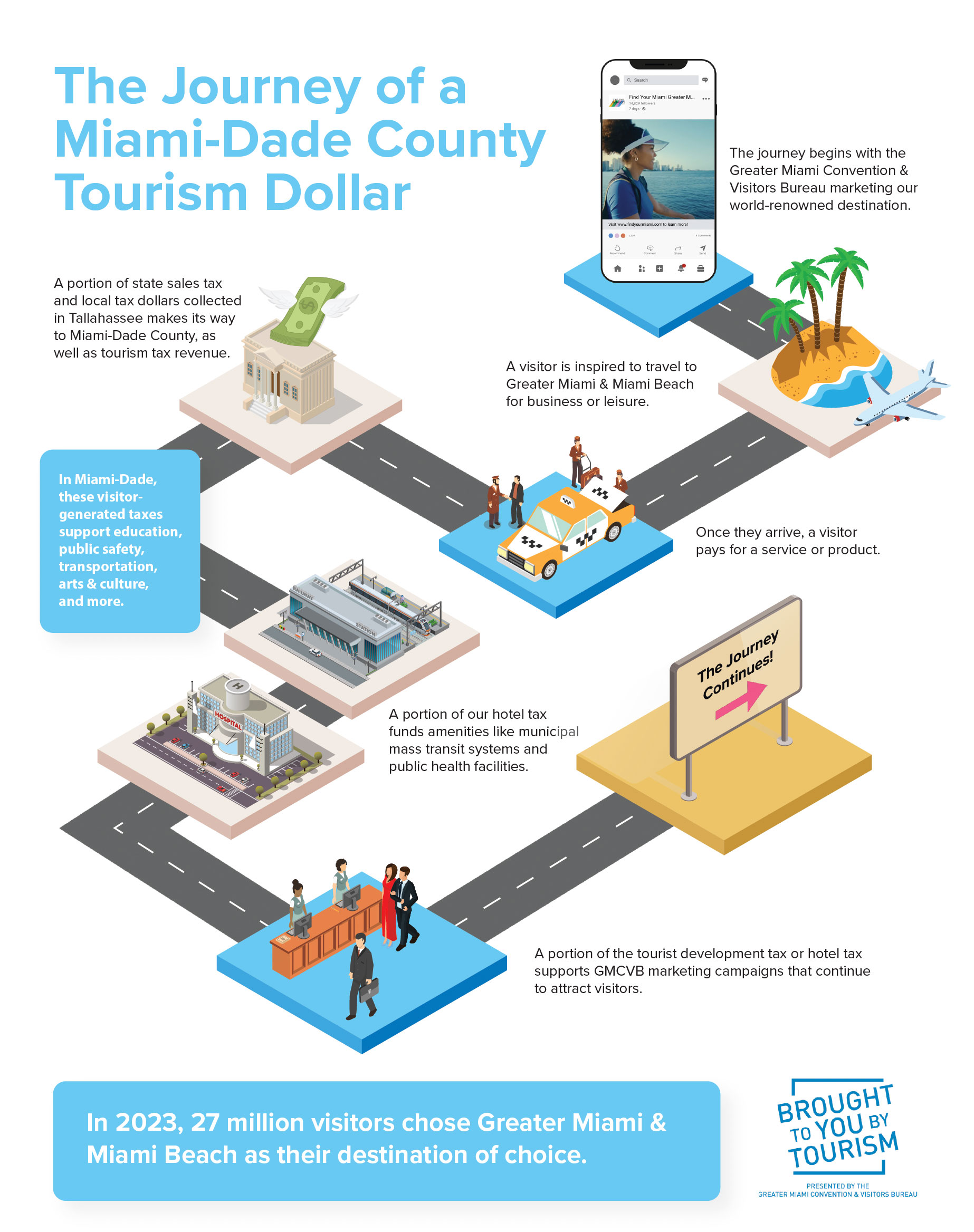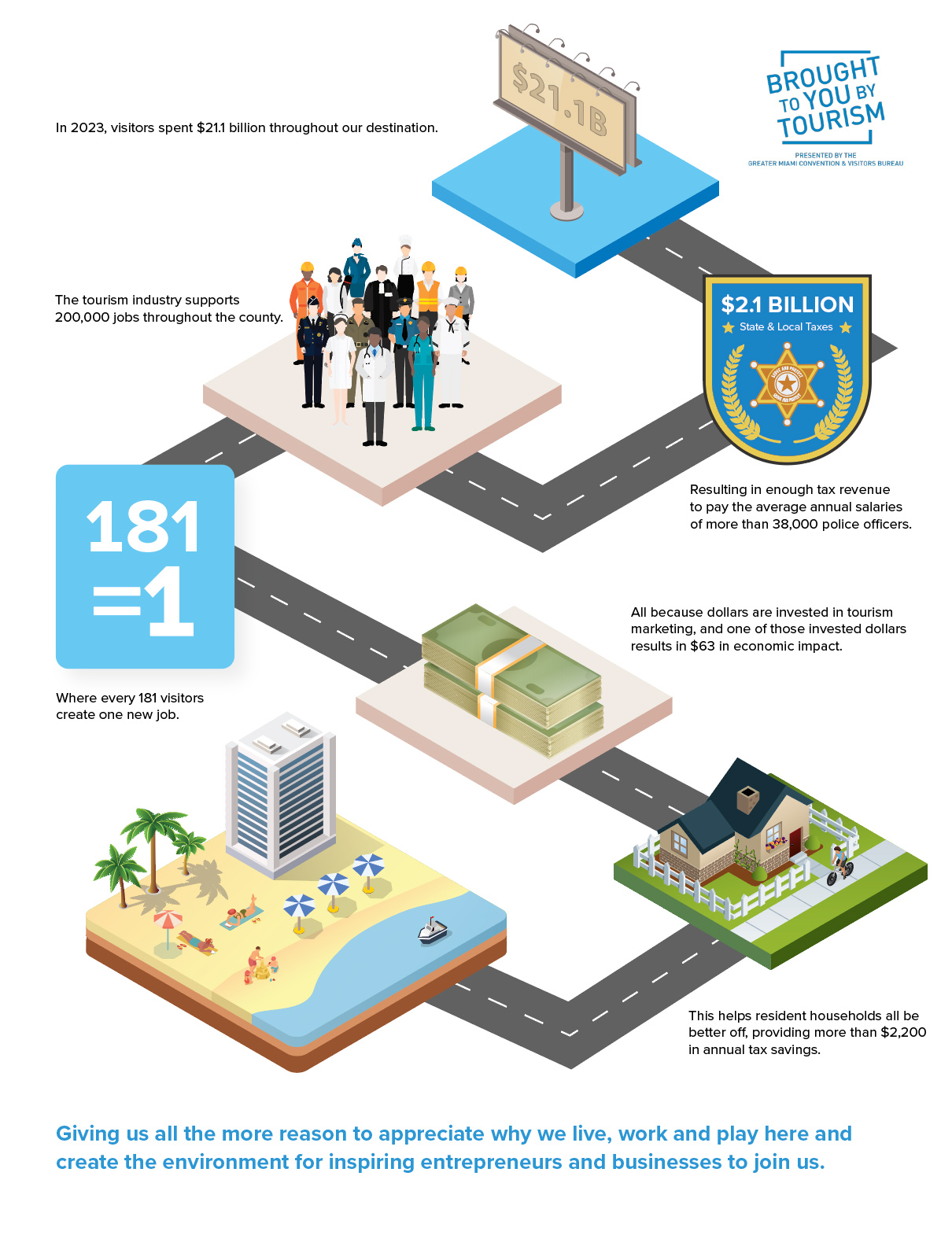
Miami-Dade County Park, the Charles Deering Estate, is … Brought to You by Tourism
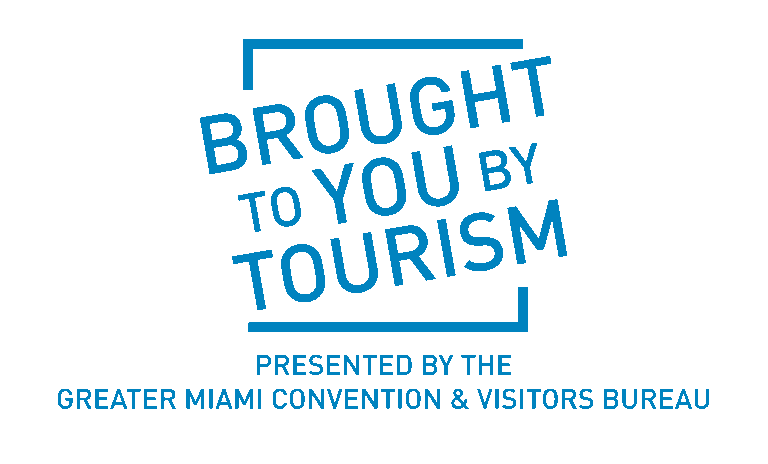
Learn about the many benefits of tourism – both economic and quality-of-life – that a vibrant visitor industry affords Miami-Dade County, our diverse neighborhoods, municipalities and residents.
Tourism benefits ...
- By providing tax savings
- Our schools
- Transportation infrastructure
- The public health system
- Arts and cultural facilities
- Parks
- Social services
#BroughtToYouByTourism
Sharing our "Brought to You by Tourism" stories
Everyone’s got a heartfelt Miami-Dade tourism story – from how we came into the industry or how our families and neighborhoods benefit to how we make a difference in where we live, work and play.
Career Moments

Career Moments

Career Moments: Brought to You by Tourism with Roseline Bien-Aime
Take a journey with Roseline Bien-Aime as she shares the experiences which have led her to a rewarding and successful career at the Loews Miami Beach Hotel.
Tell Us Your Story
To begin the process of sharing your story, think about asking yourself these questions:
- Can you share a personal story or insightful memory that really highlights the impact of tourism on your life, your family and your community?
- How long have you benefited or been connected to the tourism industry and how has it impacted you, your family, friends or business?
- Which part of Miami-Dade County do you live in?
- How is your business growing and how does tourism lead to an increase in customers for local neighborhood businesses like restaurants, shops, hotels, grocery stores and other places not normally associated with tourism?
- What else would you recommend to find those in our community who will share their stories?

Ready to Share?
Use our form to enter your Brought to You by Tourism story using 250 words or less or attach a short video of 60 seconds or so that you would be comfortable sharing via social media.
In Miami-Dade County, we live in a community where 181 = 1
Let’s explain this interesting statistic that allows us to celebrate what visitors mean to us.
For every 181 visitors = one job is created
- Do you know what’s a hidden or not-so-hidden part of your household finances as a Miami-Dade resident?
More than $2,200. That’s because visitors pay more than a third of all of our sales taxes. - Enjoy a festival, local museum, county park or events at a community center recently?
Thank a visitor. Visitors generated tax revenues help support all of these quality-of-life investments that we have the pleasure of experiencing day in and day out. - Taking care of those who need the help most.
Local food and beverage taxes paid by visitors provide support for social service programs addressing homelessness and domestic violence.

Check Out Our Brought To You By Tourism Vision Guide
It’s full of ideas about how you can share the positive impact of tourism!
Frequently Asked Questions
Q. What exactly are the quality-of-life benefits that tourism provides Miami-Dade County?
A. Every time a visitor spends money in a hotel or buys a meal at a restaurant, their dollars go to work for all of us in Miami-Dade. In addition to visitors paying tourist taxes, sales tax revenues are redistributed by the state government after being collected in Tallahassee and come back to us to help pay for schools, transportation, our public health system, parks, arts and cultural institutions, caring for the homeless and so much more. A robust tourism economy adds “Ws” in the wins’ column. Everyone, every day in Miami-Dade County is a recipient of tourism’s quality-of-life benefits.
Q. How do visitors really save each Miami-Dade household more than $2,200 a year?
A. Statewide, visitors pay about a third of all sales taxes. Whether they are here on vacation or business, their purchasing activities result in covering taxes that we don’t have to. According to Visit Florida, the state’s official tourism marketing corporation, visitor spending in Miami-Dade County bolsters state and local tax revenues, which results in each resident household improving their economic wellbeing by $2,233.
Q. Shouldn’t there be a more balanced effort to support and promote tourism in Greater Miami and Miami Beach?
A. If tourism in Miami-Dade County was a person and held a job title, that title would be the chief executive officer of first impressions. Above and beyond being our community’s largest money maker, it also is our economic development superhero. When vacationers or business travelers first come here, their initial impressions of our destination can turn into a vision of what it means to work, live and play in our community. These images can come to life when visitors return to start a business which can diversify our economic base, relocate for a job opportunity or are compelled to put down roots because they are attracted to the quality of life we enjoy.
Q. How diversified are most jobs in tourism?
A. Let’s look at the big picture because there are so many employment options to mention. Jobs related to tourism in our community can cover A to Z and are often overlooked or not highlighted as key career opportunities. Let’s start with the travel-related transport sector: air traffic controller, ticketing agent, airfield operator, transport engineer, airport security officer, baggage handler, ground handling agent, flight planner. Events and activities: tour guide, event sales manager, event planner, sports instructor, entertainer, security specialist. Sales: tour operator, travel consultant, business development manager, destination specialist, travel insurance sales. Marketing and communications: travel writer, blogger, vlogger, social media influencer, travel journalist, marketing manager, photographer, advertising representative. Tourism development: tourism economist, policy analyst, corporate social responsibility officer, tourism development executive, project manager, legal counsel, researcher. Administration: Human resources, finance and accounting, recruitment, procurement. From entry level to senior management, tourism offers career options and lifestyle flexibility creating a niche for everyone.
Q. How do all the taxes related to tourism really work and where do they come from?
Better public safety, improved roads and public transportation options and improved schools for our children are leading beneficiaries. A portion of those tourist development and hotel food and beverage tax dollars and food and beverage tax (all restaurants in Miami Beach) go to the official destination marketing agency for Miami-Dade County, the Greater Miami Convention & Visitors Bureau, to create breakthrough engaging, evocative marketing campaigns that entice visitors to book a vacation or attend a convention or business meeting in Greater Miami and Miami Beach instead of a competing destination.



